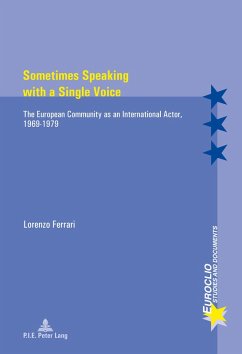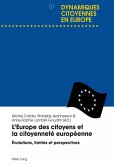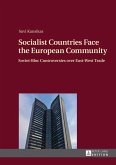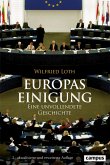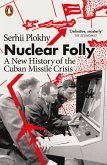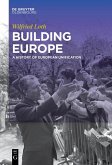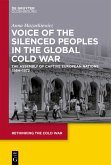In the late 1960s, the European Community was a loose association of countries focusing on economic matters. By the late 1970s, it had become a real international actor: member states had started to coordinate their foreign policies, the EC had joined the United Nations and the G7, and it had established direct relations with almost all of the world's countries. What happened in those years?
This book provides the first comprehensive historical account of the early phase of the EC member states' cooperation in international affairs. Community activities, the European Political Cooperation and the European Council are all considered, relying on a wide range of archival sources. Why did the EC member states decide to cooperate in international affairs? How did they do it, and in which domains? What idea of Europe as an actor on the global stage did they put forward?
As the author shows, the EC stressed its own profile as a «force for good» in international affairs - especially with regard to development cooperation, the reform of the international system, and human rights promotion. In the early phase of the EC's international activity one can find the origins of many traits - and flaws - of the EU's foreign policy nowadays.
This book provides the first comprehensive historical account of the early phase of the EC member states' cooperation in international affairs. Community activities, the European Political Cooperation and the European Council are all considered, relying on a wide range of archival sources. Why did the EC member states decide to cooperate in international affairs? How did they do it, and in which domains? What idea of Europe as an actor on the global stage did they put forward?
As the author shows, the EC stressed its own profile as a «force for good» in international affairs - especially with regard to development cooperation, the reform of the international system, and human rights promotion. In the early phase of the EC's international activity one can find the origins of many traits - and flaws - of the EU's foreign policy nowadays.
Dieser Download kann aus rechtlichen Gründen nur mit Rechnungsadresse in A, D ausgeliefert werden.

